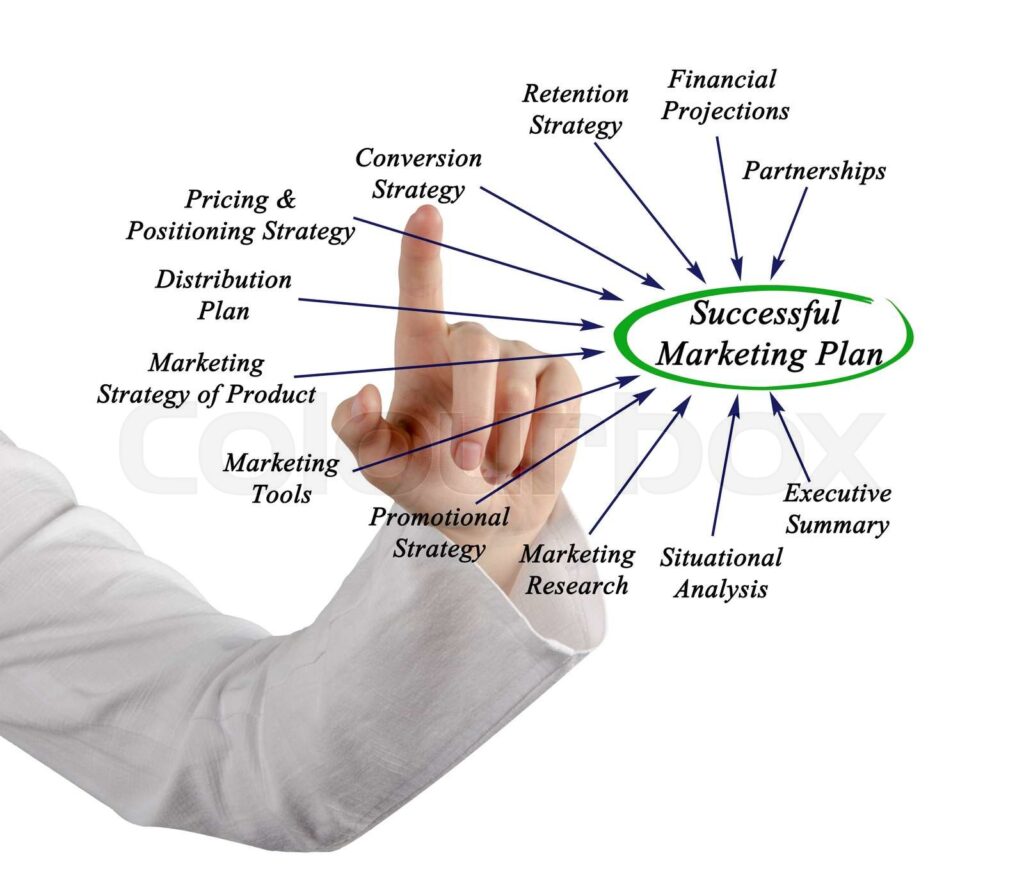
In today’s digital era, online marketing has become an indispensable tool for businesses of all sizes. From small startups to large enterprises, an effective online marketing strategy can significantly boost brand visibility, attract new customers, and drive sales. However, for beginners, the world of online marketing can seem overwhelming with its myriad of tools, techniques, and platforms. This guide aims to demystify online marketing and provide a clear roadmap for beginners to start their journey toward digital success.
Introduction to Online Marketing
Online marketing, also known as digital marketing, involves promoting products or services using the internet and other forms of digital communication. This includes not only email, social media, and web-based advertising but also text and multimedia messages as a marketing channel. The primary advantage of online marketing is its ability to reach a vast audience with relatively low costs compared to traditional marketing methods.
For beginners, it’s crucial to understand the core components of online marketing: Search Engine Optimization (SEO), content marketing, social media marketing, email marketing, and pay-per-click (PPC) advertising. Each of these components plays a vital role in creating a comprehensive online marketing strategy.
Understanding SEO
Search Engine Optimization (SEO) is the practice of optimizing your website to rank higher in search engine results pages (SERPs). This process involves various techniques, including keyword research, on-page optimization, and link building. For beginners, focusing on keyword research and on-page optimization is a good start.
Keyword Research: Identify relevant keywords that potential customers are using to search for products or services similar to yours. Tools like Google Keyword Planner can help you find these keywords.
On-Page Optimization: This involves optimizing individual web pages to rank higher and earn more relevant traffic. Key aspects include using relevant keywords in your titles, meta descriptions, headers, and throughout your content.
The Power of Content Marketing
Content marketing revolves around creating and distributing valuable, relevant, and consistent content to attract and retain a clearly defined audience. The goal is to drive profitable customer action. Content can take many forms, including blog posts, videos, infographics, and podcasts.
Blog Posts: Start a blog on your website where you share informative and engaging articles related to your industry. This not only helps in SEO but also establishes your brand as an authority in your niche.
Videos and Infographics: Visual content tends to engage users more effectively. Create videos and infographics that provide valuable information in an easily digestible format.
Leveraging Social Media
Social media platforms like Facebook, Instagram, Twitter, and LinkedIn offer powerful tools for marketing your business. These platforms allow you to connect directly with your audience, share content, and promote your products or services.
Creating a Social Media Strategy: Identify which platforms your target audience uses most and focus your efforts there. Create a content calendar to ensure regular posting and engagement with your followers.
Engagement: Social media is not just about broadcasting your message; it’s also about listening and engaging with your audience. Respond to comments, participate in discussions, and use feedback to improve your offerings.
Effective Email Marketing
Email marketing remains one of the most effective online marketing channels. It involves sending targeted emails to your audience to promote your products or services, share news, or offer special deals.
Building an Email List: Start by collecting email addresses from your website visitors. Offer something of value, such as a free ebook or discount, in exchange for their email.
Crafting Effective Emails: Your emails should be personalized, relevant, and valuable to your audience. Use catchy subject lines, clear calls to action, and visually appealing designs.
Investing in PPC Advertising
Pay-per-click (PPC) advertising allows you to place ads on search engines and other platforms and pay only when someone clicks on your ad. Google Ads and Facebook Ads are popular choices for PPC campaigns.
Creating a PPC Campaign: Define your target audience, choose relevant keywords, and create compelling ad copy. Monitor your campaigns regularly to optimize performance and maximize your return on investment.
Conclusion
Online marketing is a dynamic and ever-evolving field, but with a solid understanding of its core components, beginners can create effective strategies to reach their target audience and achieve their business goals. Start with SEO and content marketing to build a strong foundation, leverage social media and email marketing to engage with your audience, and consider PPC advertising for quick results. As you gain experience, continue to learn and adapt to new trends and technologies in the online marketing landscape. With persistence and dedication, you can master the art of online marketing and drive your business toward digital success.